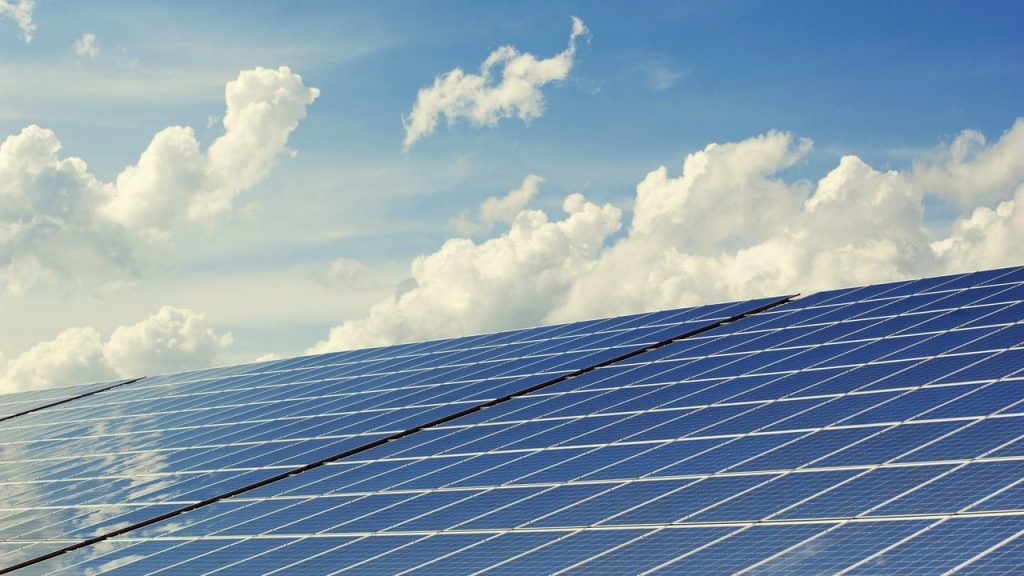British Columbia's First Nations Embrace Clean Energy Transformation
Key Ideas
- Seven remote First Nations in B.C. are set to launch clean-energy projects with funding from the province's Community Energy Diesel Reduction (CEDR) program.
- Projects include hydro, solar, biomass, and hydrogen initiatives aimed at significantly reducing diesel usage in Indigenous communities.
- Funding amounts range from $200,000 for a hydrogen feasibility study to $2.8 million for a battery energy-storage system to support multiple renewable energy installations.
- The initiatives showcase a commitment to sustainability and environmental stewardship, with a focus on lowering emissions and transitioning to cleaner energy sources.
Seven remote First Nations in British Columbia are receiving funding from the province to launch clean-energy projects focused on lowering emissions. The province's Community Energy Diesel Reduction (CEDR) program is allocating $7.7 million for initiatives that aim to reduce diesel usage in Indigenous communities. The projects encompass a variety of clean-energy sources such as hydro, solar, biomass, and hydrogen. For instance, the Gitga’at First Nation is utilizing $2 million to develop a hydroelectric generation facility expected to displace 95% of diesel usage. Similarly, the Ulkatcho First Nation will create a 3.8-megawatt solar farm to reduce diesel consumption by up to 64%. The Uchucklesaht Tribe Government is focusing on a battery energy-storage system to support solar and hydro-power projects that will eliminate over 90% of diesel demand. Other initiatives include run-of-river hydro projects, feasibility studies on hydrogen production, biomass heating system installations, and pilot projects for small-scale solar-power systems. These projects highlight a positive shift towards sustainable practices and a dedication to environmental conservation within Indigenous communities.
